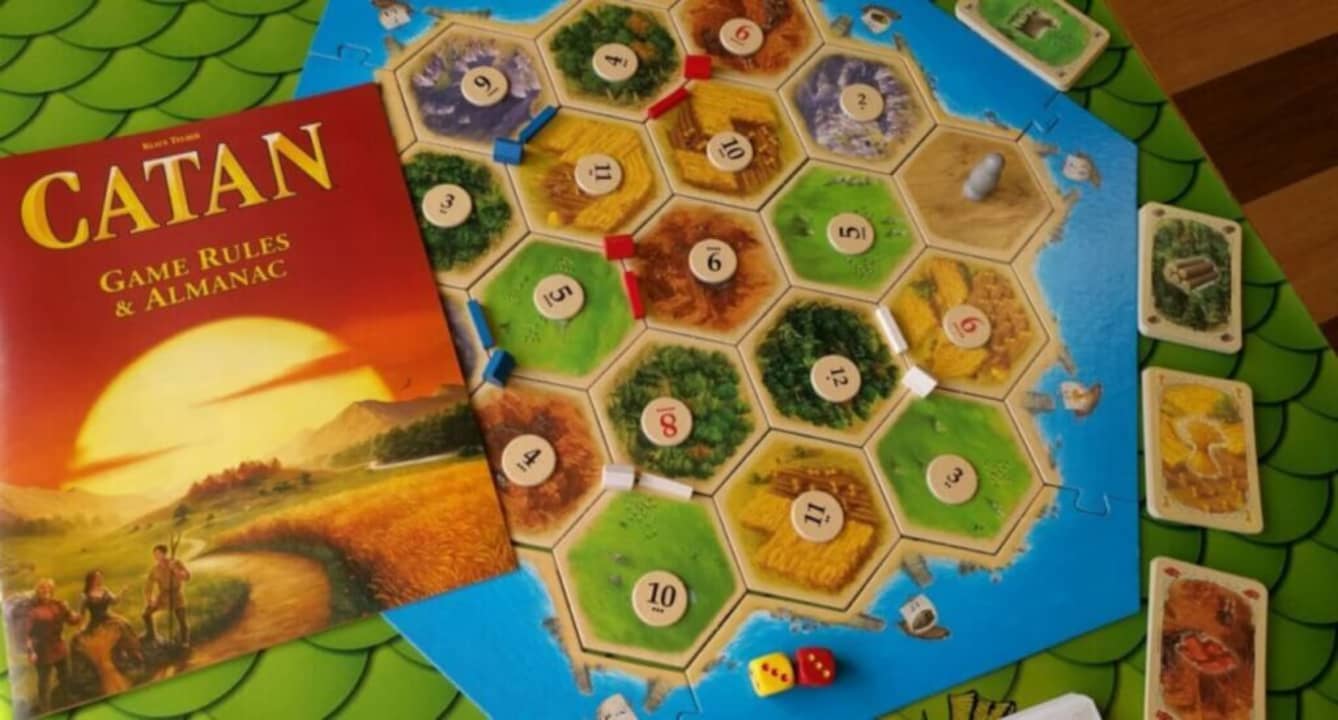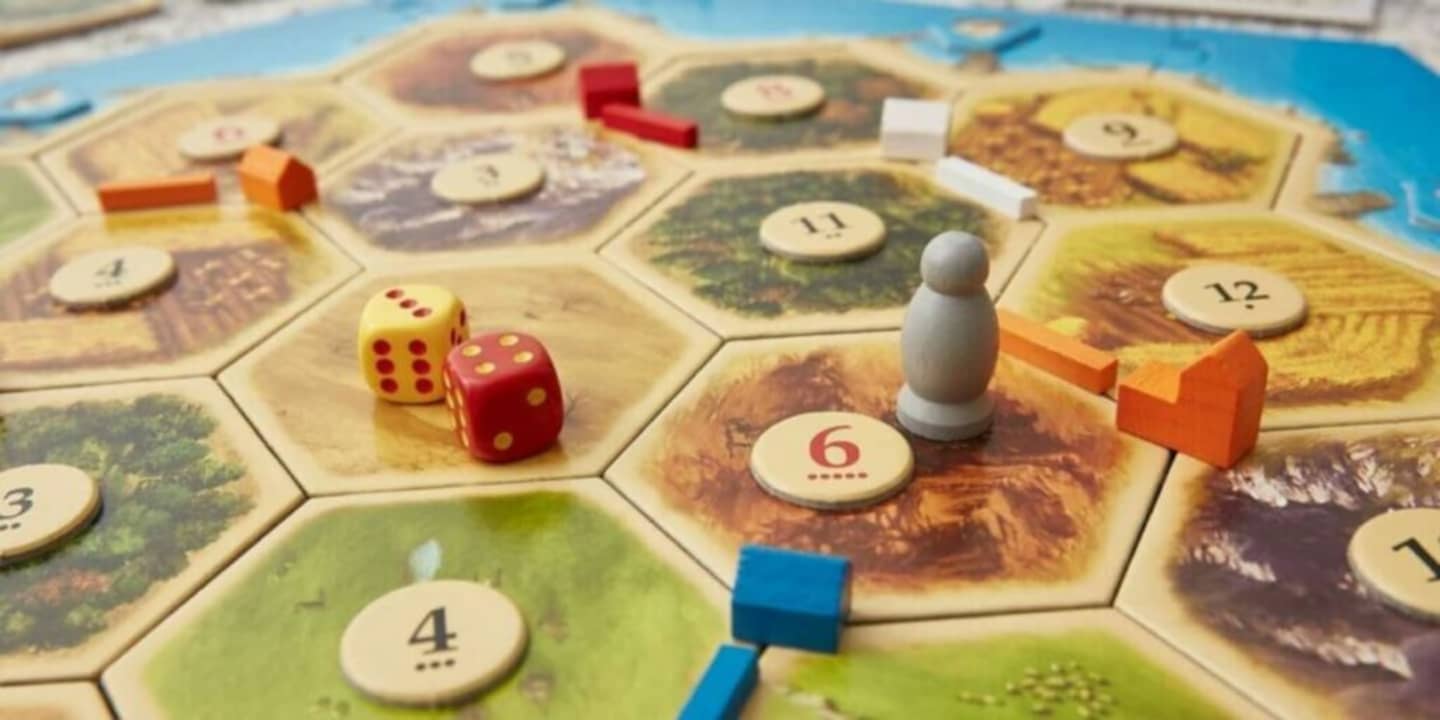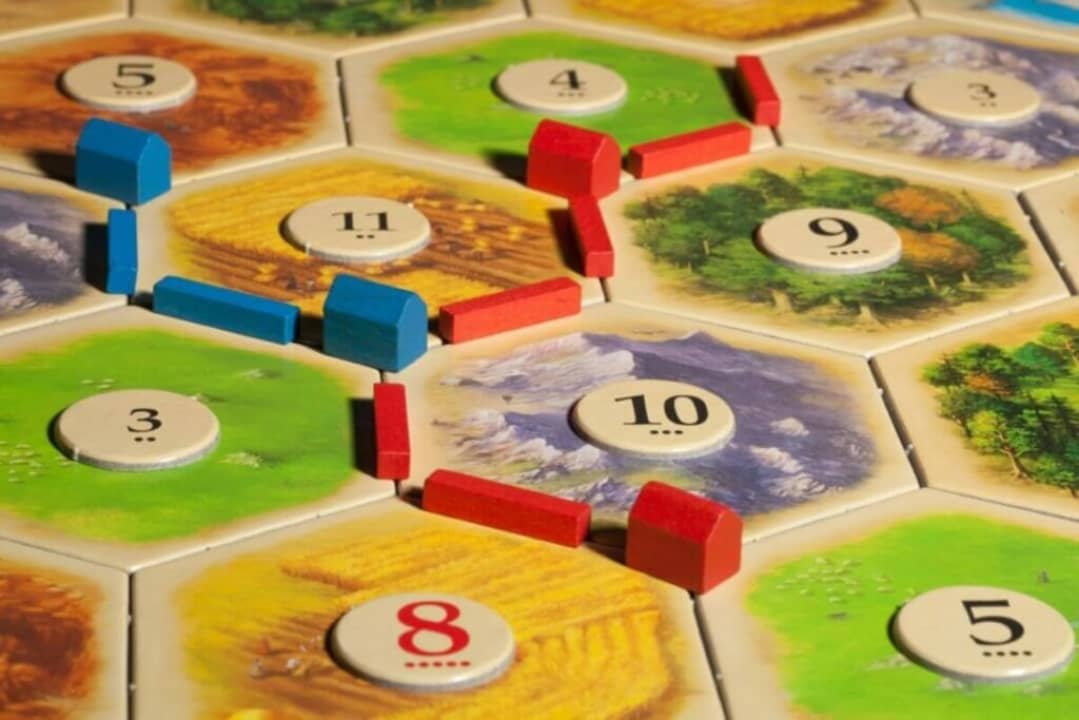News
From dentist to millionaire board game creator: the story of ‘Catan’.
They are no longer settlers since 2018!
- January 2, 2024
- Updated: March 7, 2024 at 3:12 PM
If you have ever played a board game other than the typical Monopoly or Trivial Pursuit, surely ‘Settlers of Catan’ has made it to the table. It couldn’t be otherwise: after all, it is about to turn 30 years old and is considered one of the fathers of modern board games. The classic “I’ll trade you two sheep for one clay” has grown to become gigantic and even has its own company. But how the hell did it all start?
From cavities to sheep
Let’s go back to the 80s in Germany, where a thirty-year-old dental technician, Klaus Teuber, has a double life as a board game designer. In fact, he won the Spiel des Jahres (or Game of the Year) three times (an award given at the prestigious Essen fair): ‘Barbarossa’, ‘Adel Verpflichtet’, and ‘Drunter und Drüber’. Very successful, yes, but none of these titles allowed him to quit his day job.
In 1991, Teuber became obsessed with the history of Viking settlers in Iceland, and thought it would be a good idea to make a game about the subject. It took him four years of different prototypes trying to develop the game until he finally realized what was wrong: the squares had to be hexagonal instead of square. Only in that way could he make the most of the game’s resources.

There was only one way to know if he had hit the mark: to have some test players. In this case, his wife and children, who were forced to play with each new prototype. In the end, until he saw that they didn’t want to try anything else, he knew he had something special. In its final version, it had six resources prepared: wood, wool, grain, clay, and ore, but… no one has ever called them that. Let’s not get confused. In ‘Settlers of Catan‘ (well, that’s what it used to be called) we handle sheep, wheat, logs, mud, and stone, or whatever they’re called in each house.
The Hexagonal Success
When it finally went on sale, it became an absolute success. So much so that the first batch of 5000 copies sold out immediately and Teuber didn’t even have one for himself. The game, according to experts, was a complete hit because it forced players to talk to each other, ushering in a more social era of board games.

The time of sitting each one looking at their own cards is over. It was necessary to see what the neighbor had, what was convenient for you, how not to excessively benefit him and the best way to bet for everyone. To this day, more than 40 million have been sold, with a post-pandemic resurgence. And, of course, it won the Game of the Year award in 1995.
Over the years, Teuber did not lose his own fascination with the game and continued to play online one of the many versions that the game has. Of course, anonymously, to avoid collapsing his games. ‘Catan’ has novels, a film version has been rumored, you can play versions of ‘Star Trek’, dozens of expansions, and even an exclusive version adapted to the Hebrew Bible called ‘The Settlers of Canaan’.

At the age of 70, Klaus Teube passed away on April 1st after a brief illness. His company dedicated to marketing ‘Catán’ in all its forms and ways has survived him and it seems that it will continue to do so for many years. It is, so to speak, the new chess: it is an alternative to the usual game that everyone knows how to play. Here’s to many more years!
Editor specializing in pop culture who writes for websites, magazines, books, social networks, scripts, notebooks and napkins if there are no other places to write for you.
Latest from Randy Meeks
You may also like
Thanks to Adobe's AI, filing the tax return has never been easier
Read more
The journey of Percy Jackson continues: Disney+ renews it for a third season
Read more
Star Wars: Knights of the Old Republic free on Epic Games Store only until March 20
Read more
This veteran RPG wants to introduce you to a vast and ungraspable world
Read more
The creator of Lethal Company says you should be playing this cooperative horror game
Read more
Did you have the Nintendo DS stored in a drawer? Now you can dust it off to play Balatro
Read more